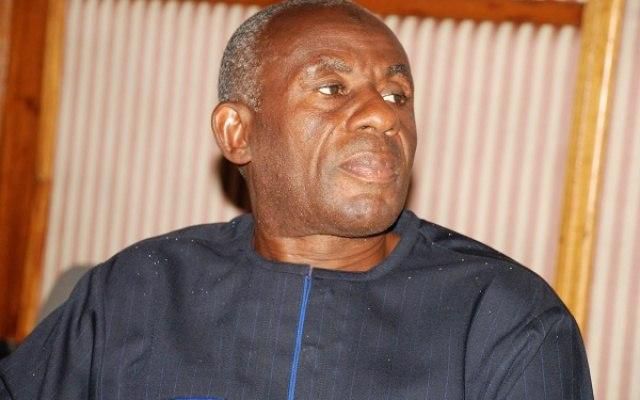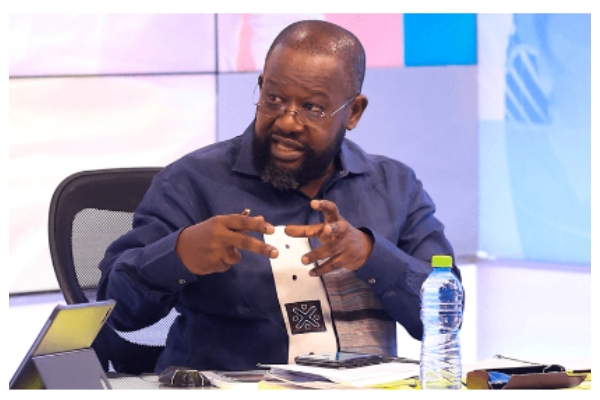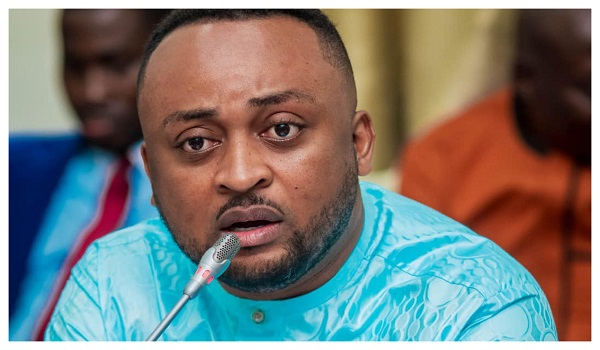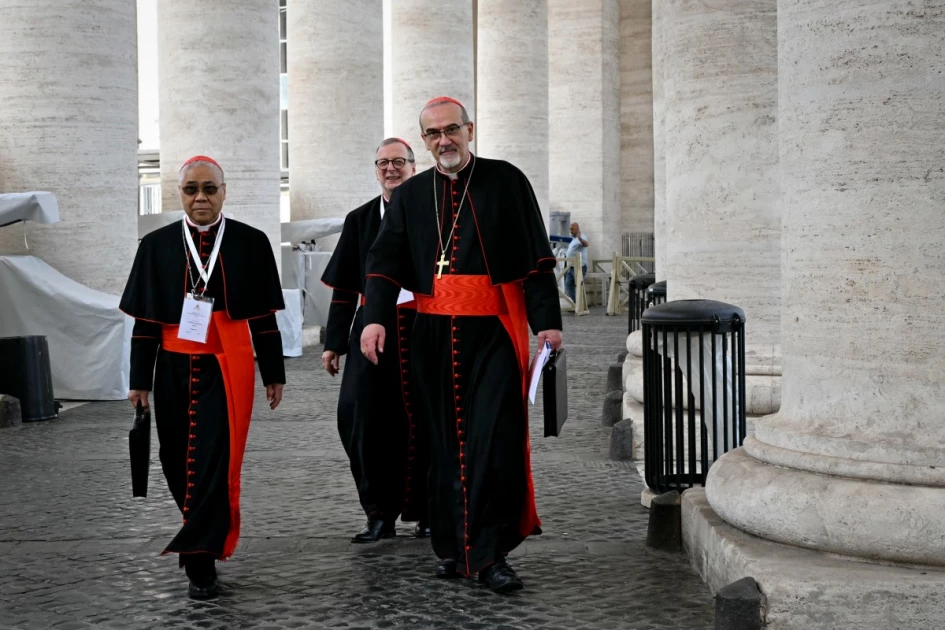Ghana MP Denies Allegations Amid Media Backlash

Ghanaian lawmaker Kwame Asare Obeng, also known as A-Plus, has publicly addressed and refuted claims made by a fraudulent Twitter account impersonating him, which accused Attorney General Dr. Dominic Ayine of corruption. A-Plus clarified his position in a detailed Facebook post, emphasizing that the fake account, using his name and image with a paid verification badge, falsely attributed the allegations to him. He stated, "I have never at any point accused the Honorable Attorney General of being corrupt or a thief. That claim is false and misleading," while also providing a link to the impersonator’s profile as evidence.
A-Plus urged the public to rely solely on his verified Facebook page for official statements and criticized social media platforms for enabling impersonation through monetized verification systems. The controversy began after Dr. Ayine referenced the fake post during a press conference, prompting A-Plus to address what he described as a “misinterpretation” of his stance. Furthermore, A-Plus denied any involvement in a purported National Service Secretariat (NSS) scandal. He clarified that his only interaction with the matter occurred in November 2024 when he assisted an individual seeking media support to clear his name. He stated, "If this support is being misconstrued as suppression, I respectfully disagree."
A-Plus also apologized for a now-deleted Facebook post responding to the Attorney General’s remarks, acknowledging that its tone was “inappropriate.” He stated, "I sincerely apologize to Dr. Ayine and the public. I could have expressed my concerns more respectfully," underscoring his decision to retract the post as a rare gesture of accountability. The lawmaker reaffirmed his commitment to anti-corruption efforts, aligning his position with President John Dramani Mahama’s administration. He asserted, "The fight against corruption requires integrity, fairness, and mutual respect," advocating for transparent and evidence-based public discourse.
The incident highlights the challenges posed by social media impersonation, particularly for public figures navigating politically sensitive environments. While platforms like X (formerly Twitter) offer paid verification to curb fake accounts, critics argue that the feature risks misuse, complicating efforts to distinguish genuine voices from malicious actors. A-Plus’s response underscores the balance lawmakers must strike between defending their reputations and maintaining constructive dialogue. As Ghana’s political landscape grows increasingly digitized, the episode serves as a reminder of the need for robust verification mechanisms and responsible engagement in public debates.
A-Plus has also denied allegations of involvement in a National Service Scheme (NSS) scandal, stating his role was limited to facilitating media engagement for an individual claiming wrongful accusation. He addressed claims that he attempted to suppress or influence the case, asserting he acted solely to ensure the accused had a platform to defend himself. He said, "The only time I engaged with this issue was in November 2024, when a gentleman approached me alleging he was falsely accused. As a media personality and majority shareholder in a Ghanaian media company, I offered assistance to help clear his name through media channels. This is not suppression, it is ensuring fairness."
He emphasized that his actions, declared in his asset filings, were consistent with his belief that “every accused person deserves to be heard.” The controversy stems from reports linking A-Plus to efforts to sway public perception in favor of individuals under investigation for alleged financial mismanagement within the NSS. Critics argue such interventions risk undermining accountability processes, particularly when involving high-profile figures. A-Plus, however, maintains his actions were apolitical and rooted in media advocacy. Ghana’s National Service Scheme, which coordinates mandatory national service for graduates, has faced recurring scrutiny over governance and financial transparency.
Legal analysts note that while media advocacy can amplify marginalized voices, it may also create perceptions of undue influence, particularly when spearheaded by politicians. A-Plus’s case echoes previous incidents where lawmakers’ dual roles as media operators sparked ethical concerns. The National Service Secretariat has yet to comment on the specifics of the scandal or A-Plus’s involvement. Meanwhile, governance advocates stress the need for clearer guidelines on how public officials engage with legal cases, urging transparency to preserve institutional credibility. As Ghana’s media landscape grows increasingly intertwined with politics, balancing advocacy with accountability remains a pressing challenge for its democratic institutions.










